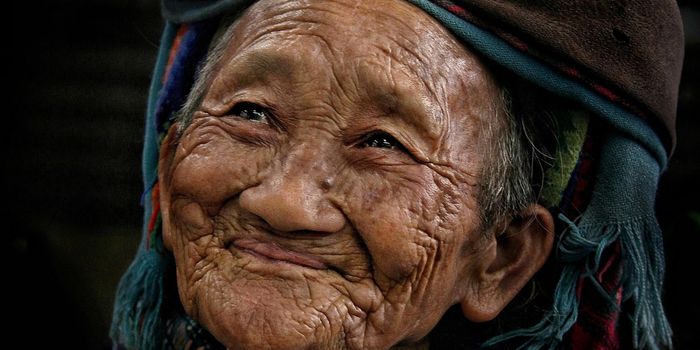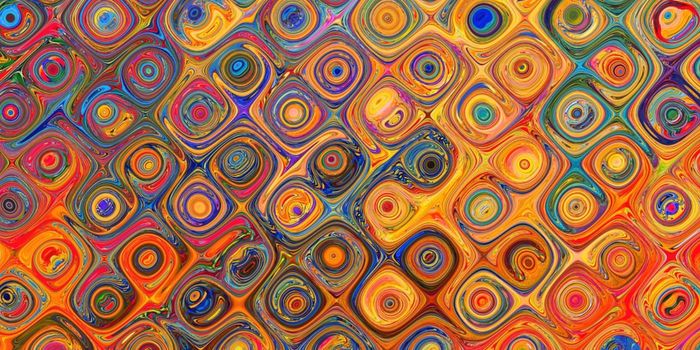How Adult Acne Affects Women
Although commonly thought of as a disease of adolescence, acne is said to affect nearly 50% of women in their 20s and nearly 35% in their 30s, according to John S. Barbieri, MD, MBA, author of a qualitative study examining the effects of acne on women's mental health.
The researchers in this study interviewed adult women with acne to find out more about their quality of life and their treatment experiences. According to Barbieri, previous studies have focused more on teens instead of adult women.
Fifty women between the ages of 18 and 40 years old with moderate to severe acne were included in the study. In their interviews, women shared their opinions on how acne affected their lives; their experience with acne treatments, dermatologists, and health care systems; and their views on treatment success.
Treatments respondents tried included topical retinoids (78%), spironolactone (70%), topical antibiotics (43%), combined oral contraceptives (43%), and isotretinoin (41%). The most common adverse treatment effects described were dryness, redness, and burning. The most common ways women described treatment success were clear skin, no scarring, and no acne.
Most participants reported that oral antibiotics were not appropriate for their acne because they lacked a long-term benefit, leading many women to express interest in nonantibiotic treatments. Barbieri reported this was a surprise since "oral antibiotics are by far the most commonly prescribed systemic treatment for acne."
Another surprise from the study, according to Barbieri, was how strongly patients were concerned about isotretinoin (oral retinoids) side effects. Like Barbieri emphasized, "There are many misconceptions about isotretinoin that limit use of this treatment that can be highly effective and safe for the appropriate patient."
In their experiences with dermatologists, many women reported feeling frustrated with finding a dermatologist who could identify effective treatments for them, and they rated their experiences with dermatologists highly if their dermatologist listened well to their concerns and individualized their treatment plan.
In terms of acne's effects on quality of life and mental health, women with acne mostly expressed concerns about appearance, less confidence at work, feelings of depression, anxiety, and low self-worth, and feeling that acne influenced what people thought of them.
Another fairly recent acne study, a large systematic review, also found that major impacts of acne were appearance-related concerns and negative psychosocial effects.
Sources: Medscape, JAMA Dermatology, American Journal of Clinical Dermatology








